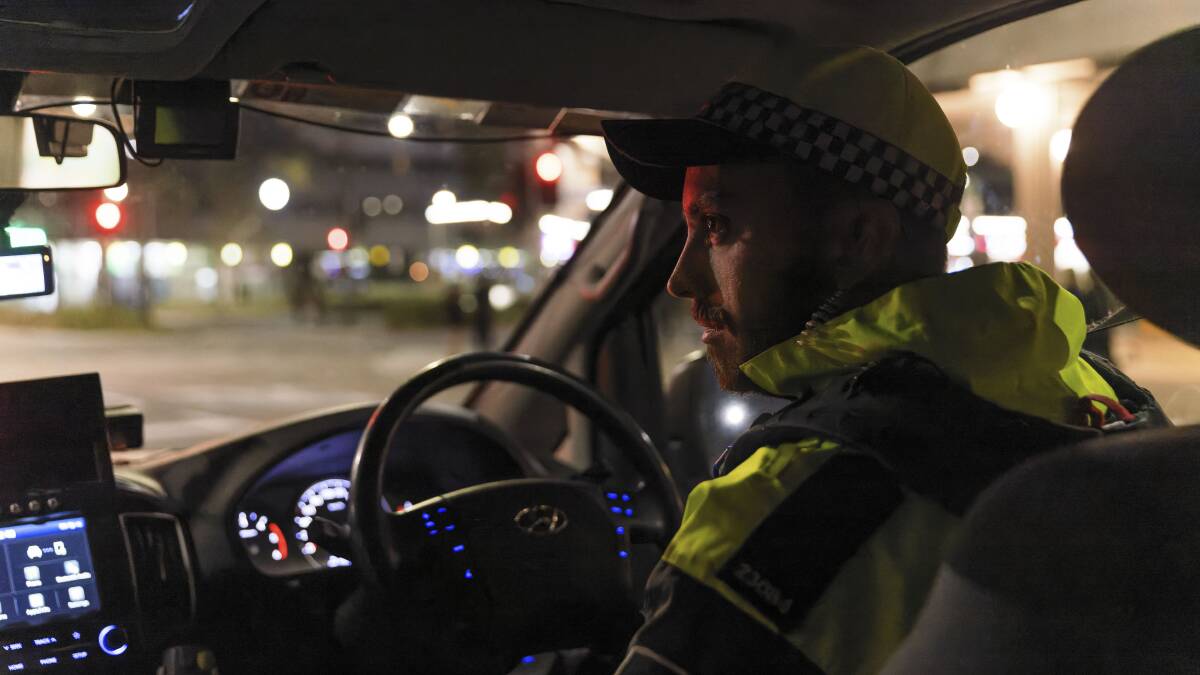Where does fault lie when a child commits a crime?
If you listen to many commentators, the child is totally to blame and should be locked up and the key thrown away!
Or perhaps, as implied by a Private Member's Bill recently introduced to Federal Parliament, we can point our finger at social media and young people's desire for "likes."
The truth is, the reasons children are driven to commit a crime are complex. We know the major risks factors for youth criminality include poverty, homelessness, abuse and neglect, inadequate education, mental health conditions, cognitive disability and having one or more parents with a criminal record.
There is no question that when a criminal act is committed authorities must act to protect and support victims of crime, protect the community, and there should be consequences for offenders; but why aren't we doing more to prevent these crimes in the first place?
It seems many think the only responsibility of our community and the criminal justice system is to step in once a crime has been committed; and then only to dole out punishment. Punishment after the event has no demonstrated effect in preventing crime.

While news reports and commentary might make it difficult to believe - for example, shadow attorney-general Michaelia Cash recently declared: "Youth crime is out of control across our country" - it is still rare for a young child to commit a serious crime.
According to ABS data, in 2022-23, Australia experienced its first increase in youth offending rates since 2009-10, and that percentage increase was modest (about 3.9 per cent).
We need to ask ourselves why children end up in these situations - and target the underlying issues rather than promoting populist policing responses.
The evidence shows that youth crime is linked to disadvantage - poverty, poor health, lower education and higher support needs.
We are seeing children picked up by police for theft who cannot even remember when they last ate.
All of us want the same thing - to be safe from crime.
Every child deserves to be protected, cared for and guided. Promoting and prioritising the safety of children is a large part of the solution.
As the Australian Human Rights Commission report Keeping kids safe and well - your voices highlights, the top three things children, young people and families need to feel safe are help with housing, mental health services, and assistance with basic needs like food, clothing, transport and school supplies.
Children who do not have these support systems face greater disadvantage and disengagement than their peers and when they act out, even in a minor way, are more likely to have their behaviour dealt with by authorities such as police and magistrates.
Contact with the criminal justice system in early adolescence can compromise children's education and employment prospects. It increases the likelihood they will become entrenched in the criminal justice system, thus condemning them to a lifetime of disadvantage. We want our children to graduate from schools, not into adult prisons.
Research has also shown that locking children up does little to reduce crime overall long-term and can in fact begin and reinforce a cycle of criminalisation for that individual.
Everyone has a role to play, particularly our governments, who need to be putting more money towards therapeutic justice solutions that help reform youth offenders and put them back on the path to reaching their full potential.
We need to equip the entry points into our criminal justice system to better deal with these issues including resourcing police and courts to appropriately respond to and promote children's safety.
READ MORE:
Our courts should also be providing access to specialist children's lawyers to ensure accused children and young people understand their rights and obligations and are properly represented. We need to ensure that appropriate bail accommodation is readily available to avoid high proportions of children being detained on remand because other options are lacking.
Any approaches to improving youth justice must prioritise our First Nations children, who are grossly over-represented in our criminal justice system.
When developing policy, we must be guided by evidence and listen to the communities that are experiencing these issues firsthand and empower them to contribute to the solutions that are context and culturally appropriate.
So-called solutions like making it tougher to be released on bail or a social media ban fall significantly short of what is needed. Knee-jerk reactions to media frenzies are a recipe for bad public policy. These types of responses do not put food on the table, keep children warmly clothed over winter, provide them with a stable home environment or improve school attendance and thus raise the chances of them being diverted from the criminal justice system.
If we are serious about addressing youth crime, we need serious solutions.
- Greg McIntyre SC is president of the Law Council of Australia.

